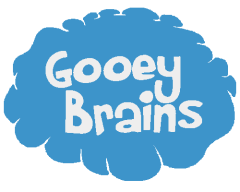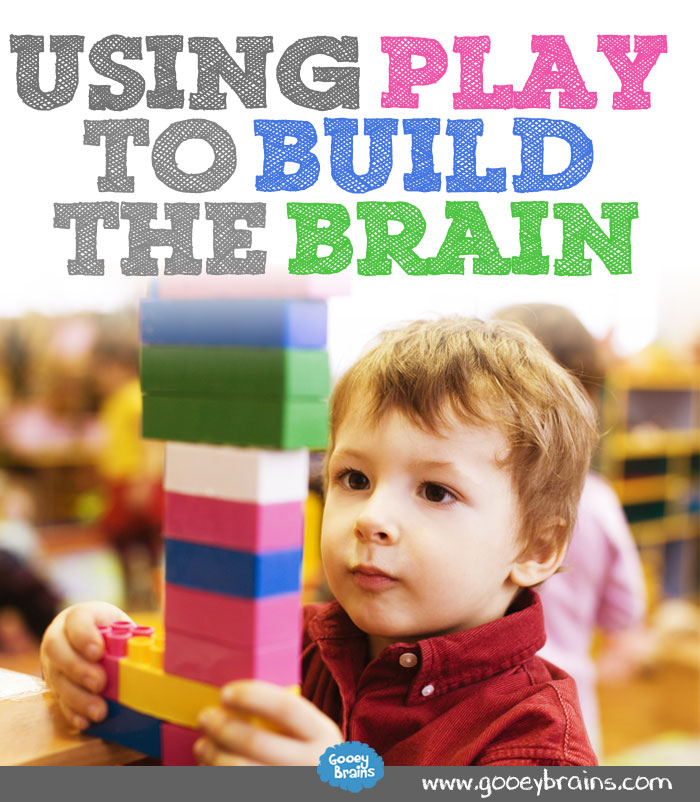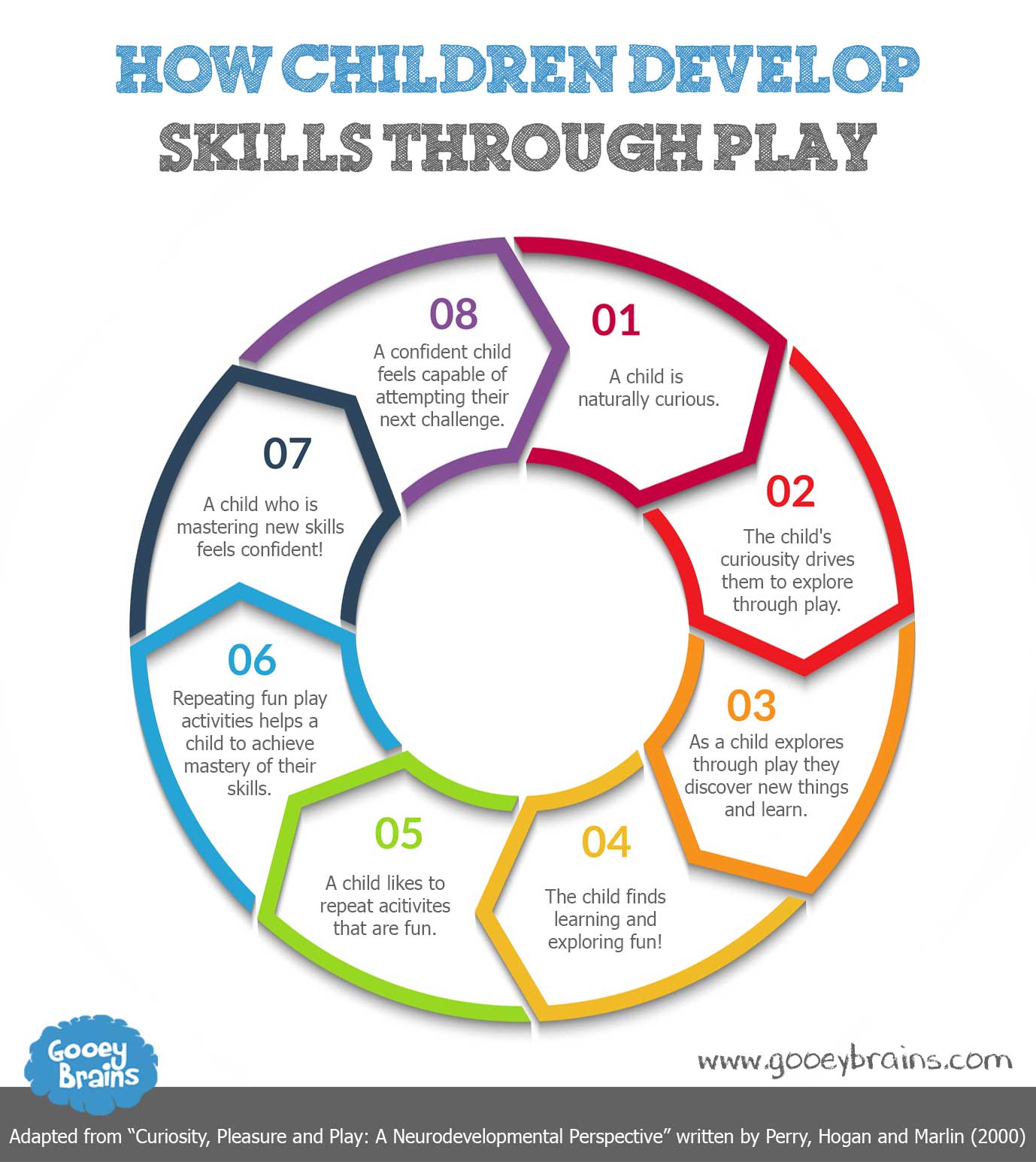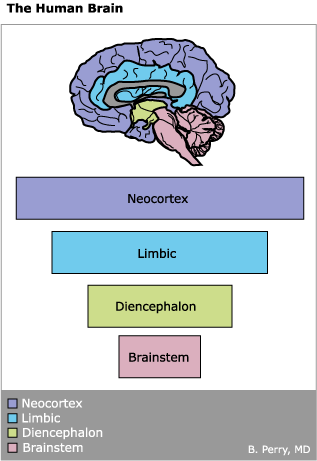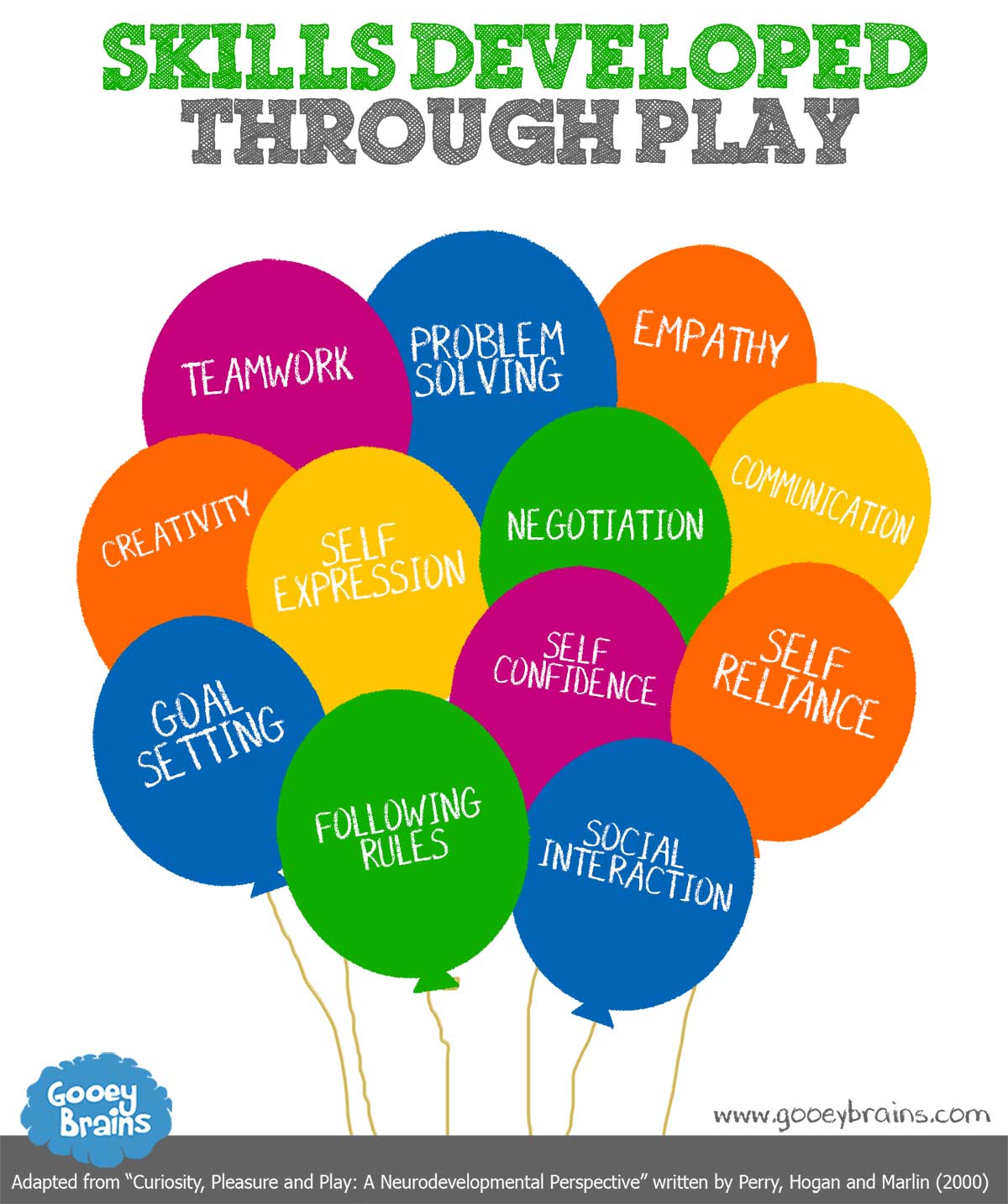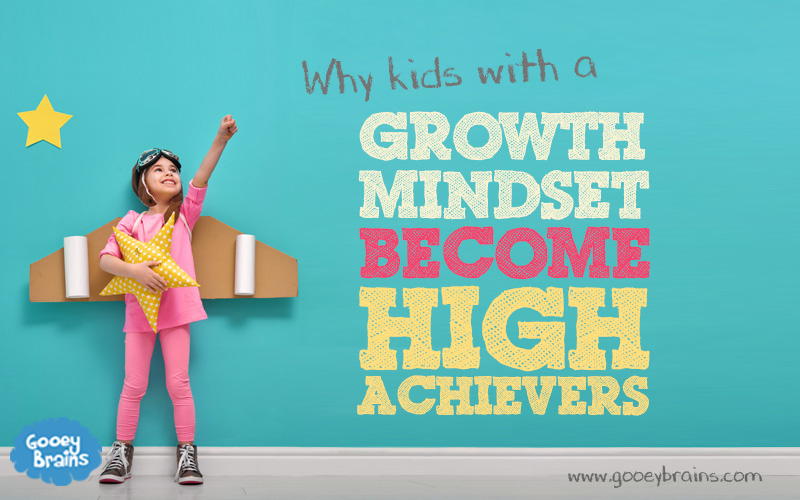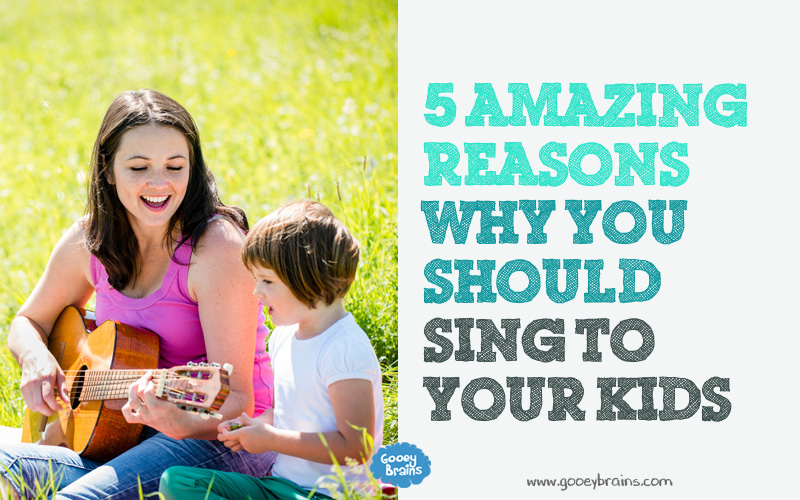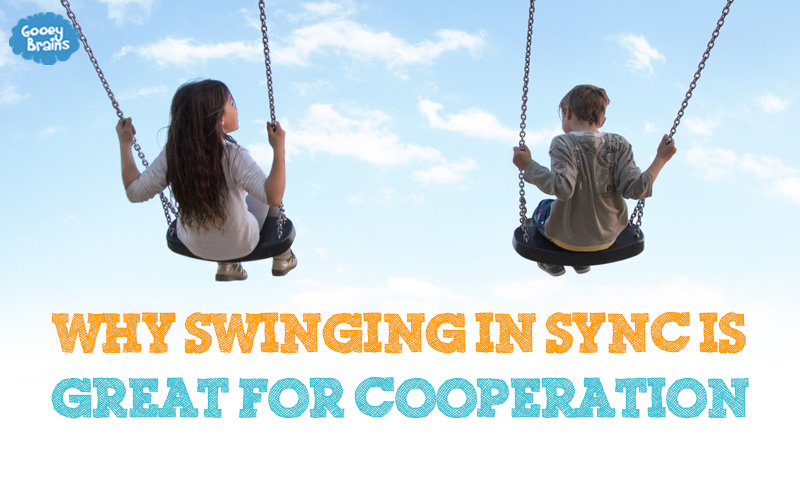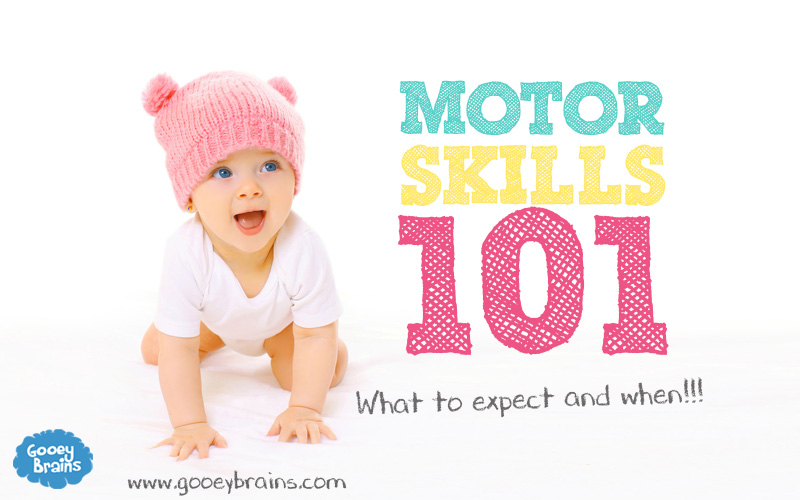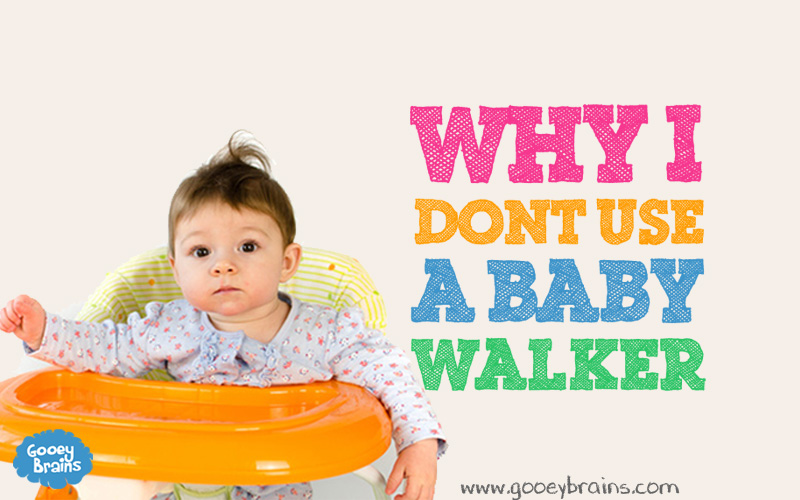Why do we care about learning through play?
Did you know that more than just about any other activity, play is what promotes the healthy development of your child!
The most important thing to remember about play is that it should be pleasurable. That means that if your child is having fun, then you are doing it right! Learning through play can use the mind, body or even props. It engages the imagination and exercises the muscles, and it also allows our children to practice new skills.
All children are curious beings. They like to explore and play, and these behaviours usually come quite naturally to them. Play that allows for exploration provides a sense of discovery and learning. This discovery and learning are actually a valuable source of pleasure to the child. They find exploring and learning fun.
Why Play is vital to a child’s development
The really cool thing is that when your child experiences pleasure they become driven to repeat the activity. This makes a lot of sense really if something feels good and rewards us, then we do it over and over again to try to get more good feelings and rewards. With more repetition, the child will achieve mastery of the skills used during play, a sense of accomplishment and boosted self-confidence.
Confidence is really important to children. When a child feels safe and confident, they feel that they can try new things. So this confidence will allow them to start their next learning adventure. This is the way in which children are learning through play and how play helps the brain to grow.
Bruce Perry a leading psychiatrist at the Child Trauma Academy explains it a little bit like this:
What’s this got to do with brain development?
Human brains are super organised. They also develop in an organised way too. We call this ‘sequential neurodevelopment’. They are big words, but basically it means that a baby’s brain grows in a sequence, starting from the most basic areas first and working its way up to the more complicated areas. Think about it like building a tower from building blocks, where you need to lay each block in order 1…2…3…4! You can’t forget to lay block two and expect to be able to build block three! As a brain grows in sequence, the baby needs to develop healthy functioning in each area before it can move on and focus on building the next area.
We can group these brain areas into four broad categories.
- The brainstem: The most basic building block in the brain. This area regulates your child’s level of arousal and keeps the body functioning. For example, it allows your baby to control things like temperature, heart rate and blood pressure. It also regulates sleep and fear states.
- The midbrain (diencephalon cerebellum): This area of the brain regulates motor skills (movement). It helps to develop both fine motor skills and gross motor skills. It also allows integration of complex sensory input.
- The limbic area: This area of the brain is all about emotions. As this area of the brain develops a child can gain skills in emotional reactions, tolerance, empathy, and affiliation (belonging). They also start to understand more about social relationships as they grow this brain area.
- The cortical area: This is the most complex area of the brain. It controls a child’s concrete and abstract thought. As this area develops a child gains skills such as creativity, complex use of language, morality and respect.
Because the brain needs to work on growing each section in order, we need to make sure that we are not asking our children to complete tasks that their brain is not yet set up to do!
The human brain, divided into its four interconnected areas. Image courtesy of Bruce D. Perry, M.D., PhD.
How to fuel brain development using play
So, what we can do is use play to assist in the development of each stage of the brain.
Here are some ideas that you can try with your kids to help them learn through play:
Brainstem development (from birth to 9 months) some great activities are:
- Peek-a-boo
- Taste play (for example, yoghurt finger painting)
- Tactile Play (for example, sensory toys)
- Massage
Midbrain development (from 6 months to 2 years)
- Gross motor play (for example, crawling through a tunnel)
- Fine motor play (for example, shape sorting)
- Music play
Limbic development (From 1 year to 4 years)
- Team play
- Win/lose play
- Turns play
- Sharing play
Cortical development (From 3 years to 6 years)
- Humour play (jokes, skits)
- Language play (books, word games)
- Arts (craft, painting)
- Games (board games)
Reference
‘Curiosity, Pleasure and Play: A Neurodevelopmental Perspective’ written by Perry, Hogan and Marlin (2000).
https://childtrauma.org/wp-content/uploads/2014/12/CuriosityPleasurePlay_Perry.pdf
